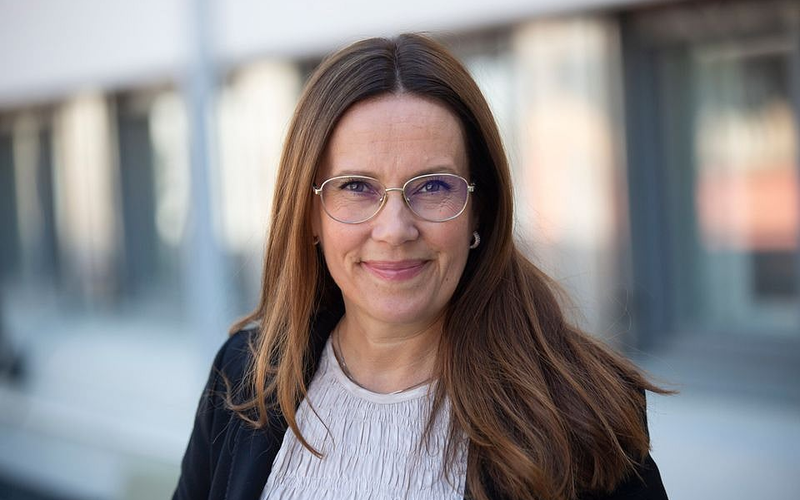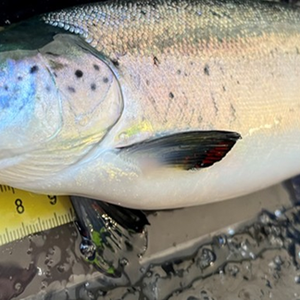The Norwegian Ministry of Trade, Industry and Fisheries has announced important amendments to the Salmon Allocation Regulations and the Aquabiosecurity Regulations, reopening applications for land-based fish farming while strengthening biosecurity measures.
The updated rules clarify the boundaries between land-based and sea-based aquaculture facilities, providing clearer conditions for facility placement. A key new requirement mandates the disinfection of intake water for land-based facilities to reduce the risk of spreading infectious agents via water.
Minister of Fisheries and the Oceans Marianne Sivertsen Næss highlighted the government's commitment to supporting sustainable growth in land-based fish farming. “Technological advances since the original regulations necessitated updates. Clearer distinctions between land and sea operations will create more predictable frameworks for industry and management,” she said.
The amendments aim to streamline permit allocations and ensure fair treatment of operators, while protecting marine environments and existing sea-based farms from infection risks.
Following a public consultation that received nearly 50 contributions, the Ministry adjusted the regulations based on feedback. The new biosecurity requirements apply only to new land-based facilities; existing operations with permits are exempt unless significant changes are made, with specific criteria to be provided by the Norwegian Food Safety Authority.
Since December 2022, Norway had temporarily suspended new permit applications for land-based salmon, trout, and rainbow trout farming. This pause addressed concerns that some land-based operations were effectively impacting the marine environment similarly to open sea cages, especially when lacking adequate water treatment.
The new regulations ensure that land-based aquaculture genuinely operates with reduced environmental risk, supporting both industry innovation and marine ecosystem health.







